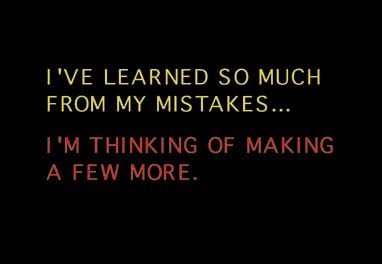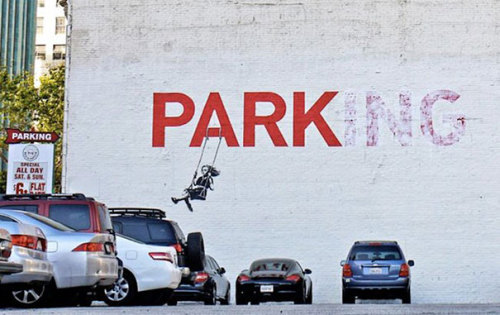6 things that will make you more productive:
u're only productive at work three days out of the week: People work an average of 45 hours a week; they consider about 17 of those hours to be unproductive (U.S.: 45 hours a week; 16 hours are considered unproductive). So how can you improve that? Make It Automatic The secret to getting more done is to make things automatic. Decisons exhaust you: The counterintuitive secret to getting things done is to make them more automatic, so they require…
5 minutes
What are the secrets of improving learning and memory?
ve already posted a research round-up on becoming an expert at anything. That was focused on the big picture of how to master something over a period of years. This time let's get less macro and focus more on the nitty-gritty of what you need to do when you sit down, roll up your sleeves and try to learn something new. Yeah, It's Gonna Take Effort No, I'm not going to lecture you like Grandpa about the virtues of…
3 minutes
What’s the best way to learn from a book?
n't keep reading it over and over. Read it and write a one page summary. Via Daniel Coyle's excellent book The Little Book of Talent: 52 Tips for Improving Your Skills: Research shows that people who (wrote a summary) remember 50 percent more material over the long term than people who follow (repeatedly read). This is because of one of deep practice’s most fundamental rules: Learning is reaching. Passively reading a book— a relatively effortless process, letting the words wash…
1 min read
How good are the best?
high complexity jobs like professional and sales roles, the top 10% produce 80% more than average and 700% more than the bottom 10%. Via 80,000 hours (hat tip - Andy McKenzie): ...how much do different employees typically differ in output? There have been many studies looking at this very question, across a wide range of jobs, which are summarised in a meta-study by Hunter, Schmidt and Judiesch (6). Output is measured in a variety of ways. For salespeople, it’s the…
2 minutes
These Are The Top Six Books That Will Make You More Creative
you read What are the four principles that will lead you to breakthrough creativity? and want more information, look no further. Six of the best sources I came across are below, with links and descriptions: 1) Creativity: Flow and the Psychology of Discovery and Invention Drawing on 100 interviews with exceptional people, from biologists and physicists to politicians and business leaders, poets and artists, as well as his 30 years of research on the subject, Csikszentmihalyi uses his famous theory…
3 minutes
How To Change Bad Habits Into Good Habits: 5 Steps From Research
onically, studies show saying "I'll never do that again" makes you even more likely to do that again. About 40% of the actions we perform in a day are habits. So we're on autopilot almost half the time. Let's round up the research on bad habits and good habits and learn the best way to turn one into the other. Awareness The first step is awareness. That cigarette doesn't magically appear in your mouth. Noticing yourself acting habitually is…
2 minutes
4 Principles That Will Lead You To Breakthrough Creativity
mbing through the research, what are the overarching principles that we need to know to be more innovative thinkers in everyday life? Here they are, with links to the research backing them up. 1) Relax What is most likely your daily creative peak? Your morning shower. For many of us it's the most relaxing part of our day -- and the most creative. Just being happy can make you more creative for days; seriously, just smile. Watching comedy clips…
3 minutes
These Books Can Teach You To Be The Best At Anything
ter my post What does it take to become an expert at anything? a number of people have written, curious about where to learn more on the subject. A few of the best sources I pulled from are below, with links and descriptions: Bounce: Mozart, Federer, Picasso, Beckham, and the Science of Success "Backed by cutting-edge scientific research and case studies, Syed shatters long-held myths about meritocracy, talent, performance, and the mind. He explains why some people thrive under pressure…
3 minutes








